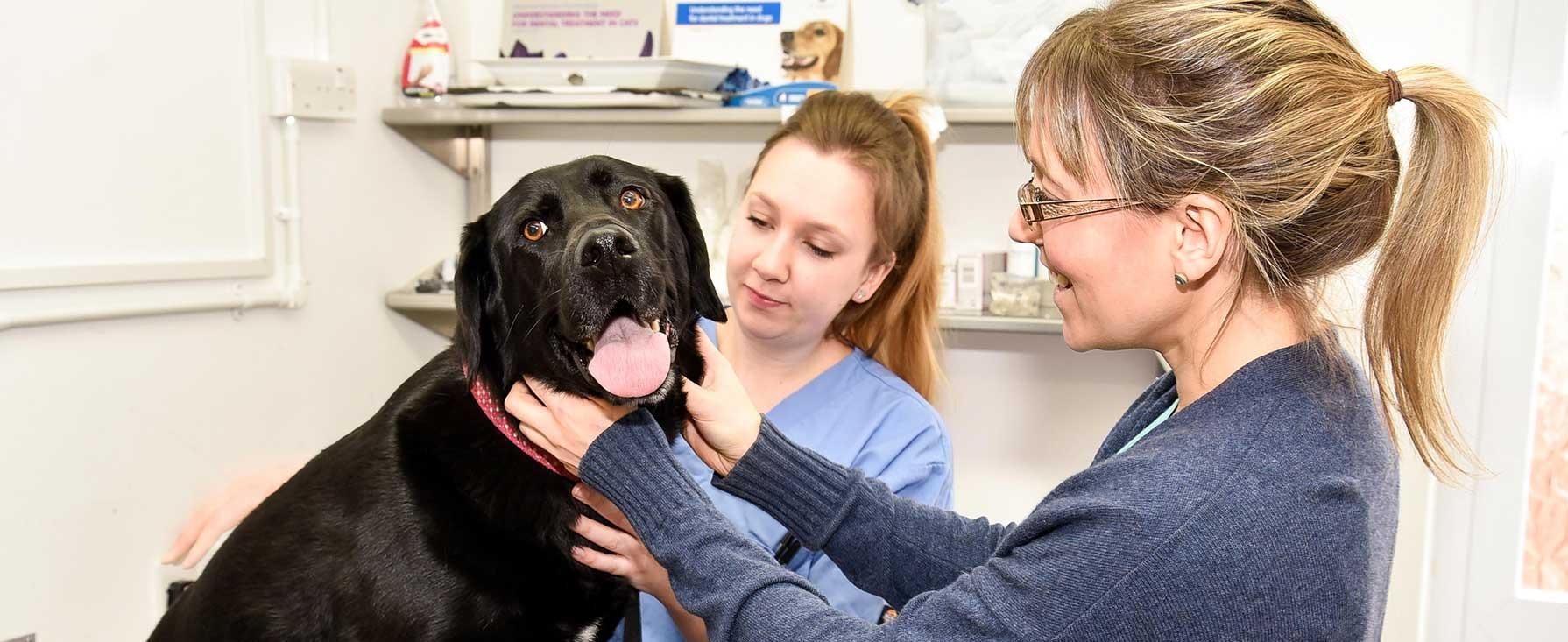Neutering
Neutering our pets can have many benefits to their health and wellbeing.
We believe it best to have the procedures done at six months old, however there are certain cases which may require the procedure to be done sooner or later. Your vet can discuss this with you if applicable.
Neutering your dog
Dogs are typically neutered at 12 months old unless they exhibit unwanted mannerisms such as aggression or sexual behaviours. Reach out and discuss this with one of our team members
In male dogs the castration procedure can:
- Reduces his risk of developing testicular cancer
- Reduces his risk of developing prostate disease
- Prevent perianal tumours
- Can help reduce hormonally driven aggression – our vets can give you advice about your dog’s behaviour
- He’ll be less likely to roam and go missing from home
- Reduces behaviour like urine marking and humping
- Prevent unwanted breeding and perpetuation of genetic defects
We also offer other options such as hormonal implants. Speak to your vet about your animal’s best needs.
In female dogs the spay procedure can:
- Reduces her chances of developing mammary tumours
- Prevents her from developing a potentially life-threatening infection of the womb called pyometra, as well as uterine disease
- Prevent unwanted breeding and perpetuation of genetic defects
- Female dogs often benefit most by having the operation when they are around six months old, although this will depend on the breed. Discuss with one of our vets when the right time is for your dog.
Neutering your cat
Neutering in male cats:
- It makes him less likely to fight other cats, reducing his chances of getting wounds, abscesses and viruses which are spread via cat bites
- He’ll be less likely to roam and go missing
- He will be less likely to spray urine in your home
- His urine won’t smell as strongly as an unneutered male cat
- Reduce unwanted litters
In female cats:
- It can reduce the risk of developing cancer of the womb or ovaries, and mammary tumours
- It prevents pyometra – a serious and potentially life-threatening womb infection
- It will prevent unwanted pregnancies – female cats can become pregnant all year long, and from the age of four months old
- It will stop her from coming into heat seasonally between February to September, which can cause behavioural changes and stress for you cat. Females will also attract unneutered males with associated problems of spraying, fighting, and wailing
If you have more than one cat it’s really important to get them all neutered, even if they’re related.
Neutering your rabbit
Rabbits are social animals and to prevent loneliness, it’s recommended they live in pairs.
Neutered male and female rabbits can cohabit together happily without producing any unwanted litters. Neutering can also help same sex rabbits live together with reduced risks of behavioural problems caused by their hormones.
There are other benefits to neutering rabbits.
In females:
- Reduces chances of developing uterine cancers
- It can prevent unwanted mounting and hormonally driven aggression developing – speak to your vet if you are having behavioural problems with your rabbit
In males:
- Intact male rabbits often can be too aggressive to live with other rabbits, which can leave them lonely
- Prevents testicular cancers
- Neutering can reduce urine spraying, aggression and other behavioural problems that are linked to his hormones.
To prevent unwanted litters, rabbits should be neutered at around four months of age.
We also offer neutering services for other animals, please enquire if you would like more details.


